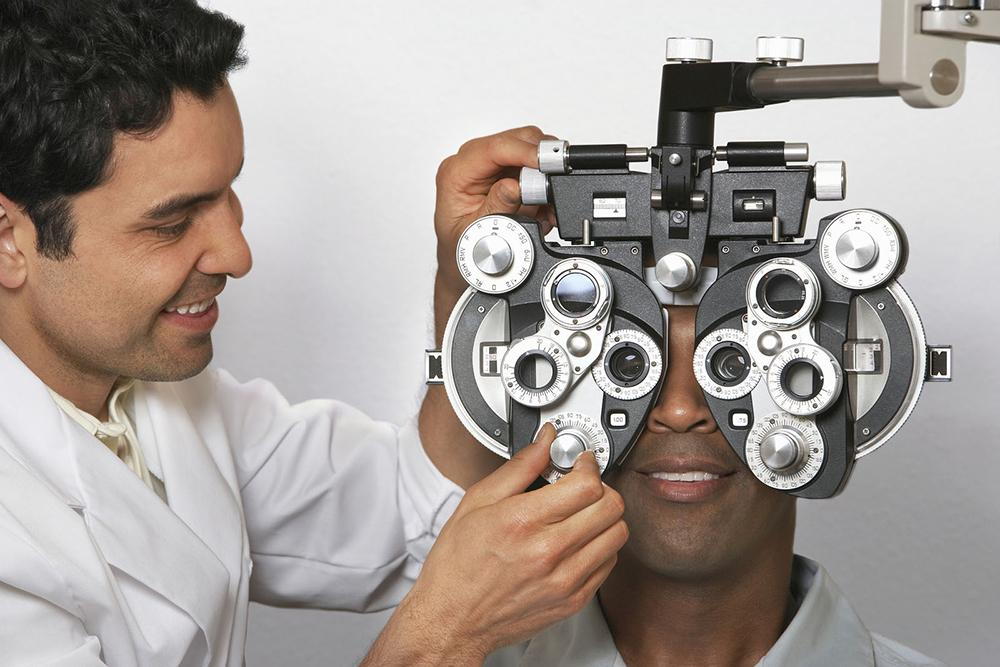Your eyes are one of your primary sensory organs, yet they’re often neglected in routine health care. Regular eye exams help safeguard your vision and support your overall well-being. Explore why scheduling routine exams should be a priority in your long-term health care plan.
Contents
Eye Exams for All Ages
Eye exams are not just for individuals with existing vision problems. They are a part of preventive health care for people of all ages. Children benefit from exams to identify conditions such as lazy eyes or nearsightedness early on. Adults can monitor potential age-related vision changes and underlying conditions like cataracts. These evaluations help seniors manage issues that may naturally arise with aging, like macular degeneration or glaucoma. An eye exam doesn’t just review your eyesight; it also assesses your overall eye health. Catching issues at different life stages allows for corrective actions to be implemented early.
Early Detection of Vision Problems
Many eye conditions develop gradually, often without noticeable symptoms in their early stages. Glaucoma and diabetic retinopathy can cause significant damage before any signs appear. Regular eye exams allow practitioners to spot these problems early when treatments are more effective. Exams can also identify slight vision changes that might otherwise be ignored. Whether adjusting to new glasses or uncovering the signs of eye strain, early intervention means you can tackle any concerns before they worsen.
Eye Health and Overall Health
Your eyes can provide insights into your general health. During an eye exam, an optometrist may detect signs of systemic conditions like high blood pressure, diabetes, or even certain autoimmune diseases. These underlying health issues often manifest in the blood vessels or nerves within your eyes. Addressing these systemic health concerns early on improves your chances of managing them effectively.
How Technology is Transforming Eye Exams
Modern technology has significantly enhanced the effectiveness of exams, making them quicker, more accurate, and more informative than ever before. Digital imaging tools, like optical coherence tomography (OCT), allow optometrists to view the inner layers of the retina, detecting diseases in their earliest stages. Visual field tests and corneal mapping improve diagnostic accuracy. These advancements also offer a more comfortable and streamlined patient experience, reducing the stress often associated with medical evaluations.
Scheduling and Preparing for an Eye Exam
Booking an exam is a straightforward process that requires minimal preparation. When scheduling, prepare a list of any vision concerns, current medications, and your family’s history of eye conditions. This information can help your optometrist tailor the exam to your health profile. On appointment day, bring your glasses or contact lenses, and be ready to discuss any recent changes in your vision.
Prioritize Your Vision Today
Taking care of your eyes means taking care of your overall health. Routine eye exams are a proactive step toward maintaining clear vision and detecting potential health concerns before they escalate. Whether you’re overdue for an exam or want to prioritize your long-term well-being, now is the perfect time to book an appointment. Schedule an appointment today and see the difference routine eye exams can make for your health.

Sarah Wilson, an accomplished writer and seasoned blogger, weaves compelling narratives that transport readers to new and uncharted worlds. With a talent for vivid storytelling and thoughtful insight, her work leaves a lasting mark, enchanting both the imagination and intellect.
